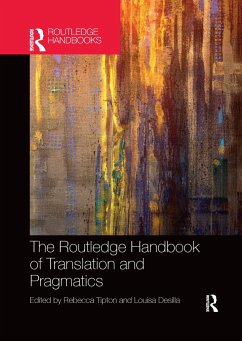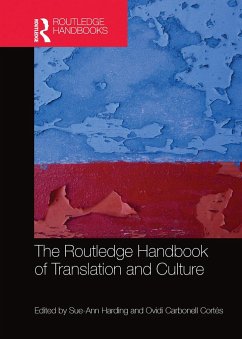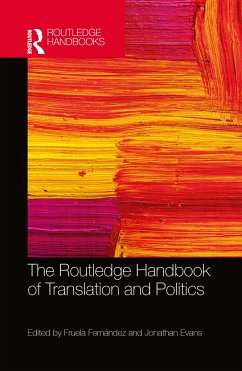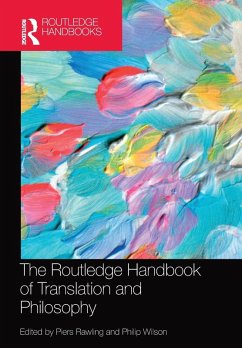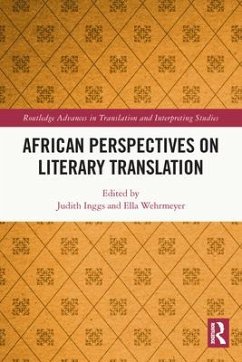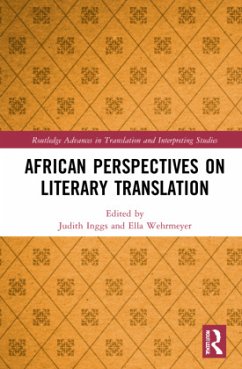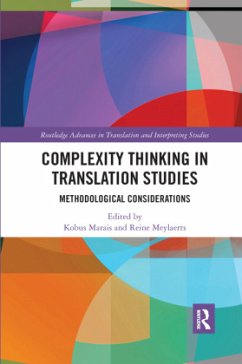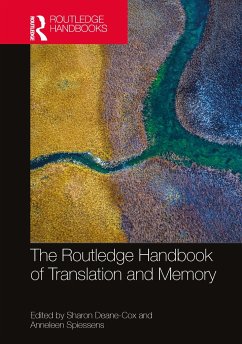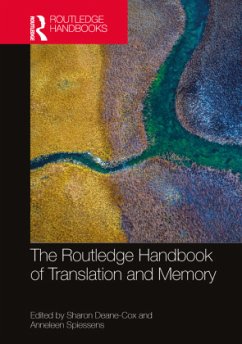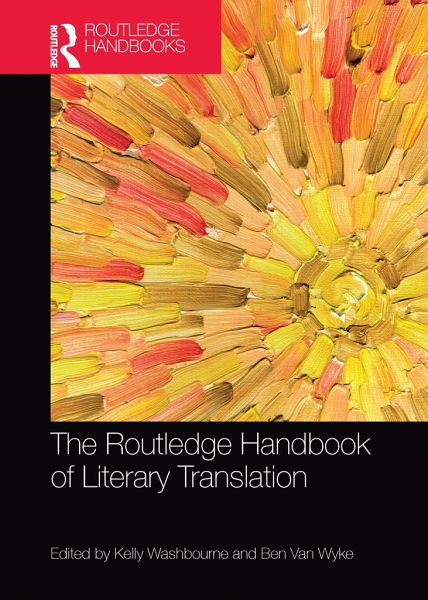
The Routledge Handbook of Literary Translation
Versandkostenfrei!
Versandfertig in 6-10 Tagen
52,99 €
inkl. MwSt.

PAYBACK Punkte
26 °P sammeln!
The Routledge Handbook of Literary Translation provides an accessible, diverse and extensive overview of literary translation today. This next-generation volume brings together principles, case studies, precepts, histories and process knowledge from practitioners in sixteen different countries. Divided into four parts, the book covers many of literary translation's most pressing concerns today, from teaching, to theorising, to translation techniques, to new tools and resources. Featuring genre studies, in which graphic novels, crime fiction, and ethnopoetry have pride of place alongside classi...
The Routledge Handbook of Literary Translation provides an accessible, diverse and extensive overview of literary translation today. This next-generation volume brings together principles, case studies, precepts, histories and process knowledge from practitioners in sixteen different countries. Divided into four parts, the book covers many of literary translation's most pressing concerns today, from teaching, to theorising, to translation techniques, to new tools and resources. Featuring genre studies, in which graphic novels, crime fiction, and ethnopoetry have pride of place alongside classics and sacred texts, The Routledge Handbook of Literary Translation represents a vital resource for students and researchers of both translation studies and comparative literature.





